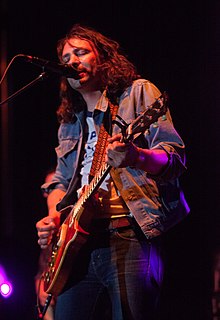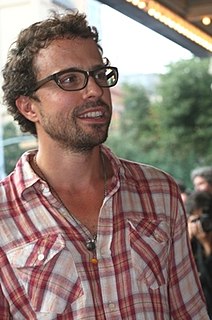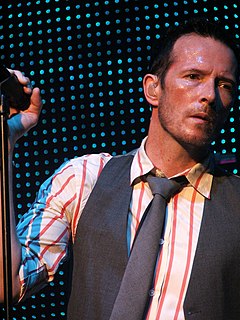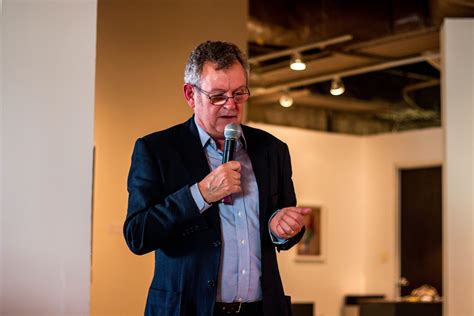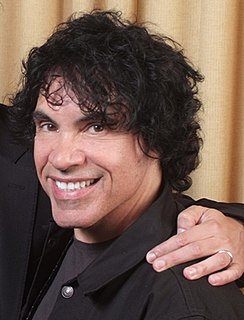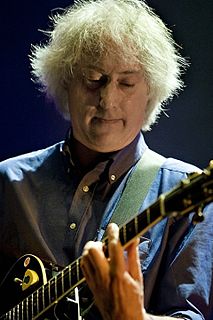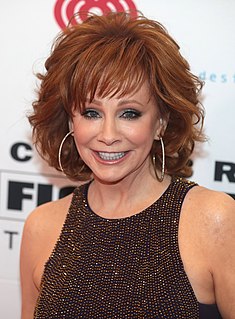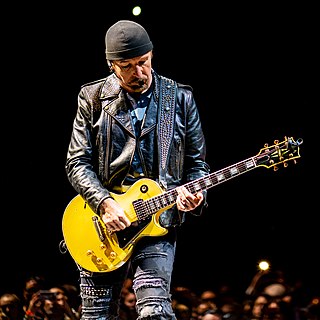A Quote by Adam Granduciel
I learned Neil Young songs, Bob Dylan songs and older songs. It wasn't until I moved to Philly that I had aspirations to maybe forming a band.
Related Quotes
My favorite Bob Dylan record is the very first one where he sings one Bob Dylan song and the rest of them are his interpretations of the Dust Bowl-era folk songs, or even going back as far as the mass influx of people coming into the U.S. during the gold rush. His interpretations of those songs are incredible.
I don't care if it's a Cole Porter song, or George Gershwin, or Lennon/McCartney, or Elton John, or you know, whoever, Bob Dylan. Great songs are great songs, and they stand the test of time, and they can be interpreted and recorded with many points of view, but yet still retain the essence of what makes them good songs.
I'm also a big Bob Dylan fan. The songs on The Freewheelin' Bob Dylan - which is one of his best early albums - they grow out of some of his difficulties with Suze Rotolo, and "Hard Rain," people say it had to do with the Cuban missile crisis - probably not. He denied it. I believe him, but it certainly had to do with the time.
That's what is so great about being able to record a 13-song album. You can do a very eclectic group of songs. You do have some almost pop songs in there, but you do have your traditional country, story songs. You have your ballads, your happy songs, your sad songs, your love songs, and your feisty songs.
Starting a band is the easy part. Once you've formed the band, you have to tell a story, and that story requires songs. And not just good songs, but great songs. After a while, great songs won't do - they have to be the best. Success doesn't make it any easier. Each time I start a new record, it's a brand-new search.
